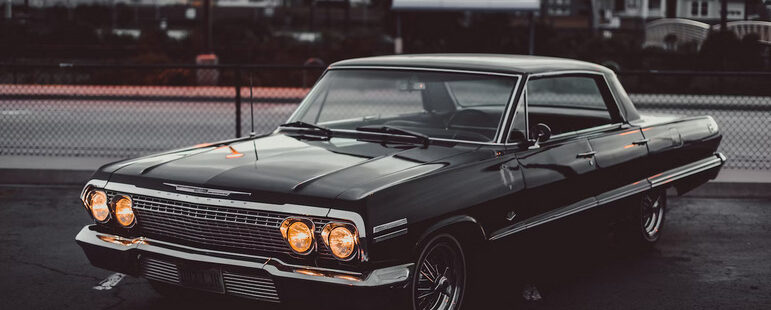Tips When Buying Classic Cars
Are you a fan of classic cars? There’s something undeniably captivating about their timeless designs and the way they evoke a sense of nostalgia. Whether you’re an avid collector or simply looking to add some vintage flair to your life, buying a classic car can be an exhilarating experience. However, it’s important to approach this venture with caution and make sure you’re equipped with the right knowledge. In this blog post, we’ll share some valuable tips to help you navigate the world of buying classic cars and ensure that your purchase is nothing short of exceptional. So, buckle up, and let’s get started.
Find a Reliable Dealer
Finding a reliable dealer is crucial when buying a classic car. With so many options out there, it’s important to do your research and choose one that is reputable and trustworthy. Start by asking for recommendations from fellow enthusiasts or searching online forums dedicated to classic cars. These sources can provide valuable insights and help you narrow down your options. Once you have a list of potential dealers, take the time to visit their showrooms or websites. Beverly Hills Car Club Owner can help you find the right classic car for you. They are known to be one of the most reliable classic car dealers.
Check the Condition
When purchasing a classic car, one of the most important steps is to check its condition thoroughly. This will help you determine if the car is worth your investment and if any underlying issues may need attention. Start by inspecting the exterior of the vehicle. Look for signs of rust or corrosion, dents, scratches, and mismatched paint. It’s also essential to examine all windows, lights, and trim pieces to ensure they are in good condition. Next, pop open the hood and take a closer look at the engine. Check for any leaks or fluid levels that appear low. Inspect belts, hoses, and wiring for wear or damage.

Check the Documents & Ownership History
One crucial aspect to consider when buying a classic car is checking the documents and ownership history. This step is often overlooked, but it can provide valuable insights into the vehicle’s past and ensure that you are making a wise investment. Start by asking the seller for all relevant paperwork, including the title, registration documents, and service records. Carefully review these documents to verify their authenticity and ensure that they match the information provided by the seller. Next, delve into the ownership history of the car. Look for any gaps or inconsistencies in ownership records, as these could be red flags indicating potential issues with the vehicle. It’s also important to check if there are any liens on the car or if it has ever been involved in any legal disputes.
Conduct a Test Drive
Now that you have found a reliable dealer and checked the condition of the classic car, it’s time to take it for a spin. A test drive is crucial in determining if the vehicle meets your expectations and performs as expected. Before you hop behind the wheel, make sure to inspect the exterior and interior once again. Look out for any signs of damage or wear that may affect your driving experience. Take note of how comfortable you feel in the driver’s seat and whether all controls are easily accessible. During the test drive, pay close attention to how the car handles on different road surfaces. Does it steer smoothly? Are there any strange noises coming from under the hood? Don’t be afraid to push on acceleration to see how responsive it is.
By adhering to these guidelines, you can increase your chances of finding a high-quality classic car that brings joy for years to come. Do you have any tips that you want to share with us? Let us know in the comments. We hope that you have found this blog post helpful.

